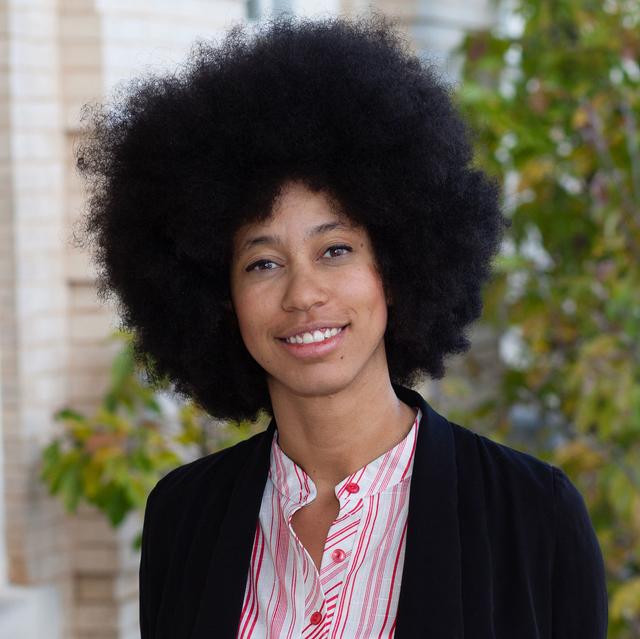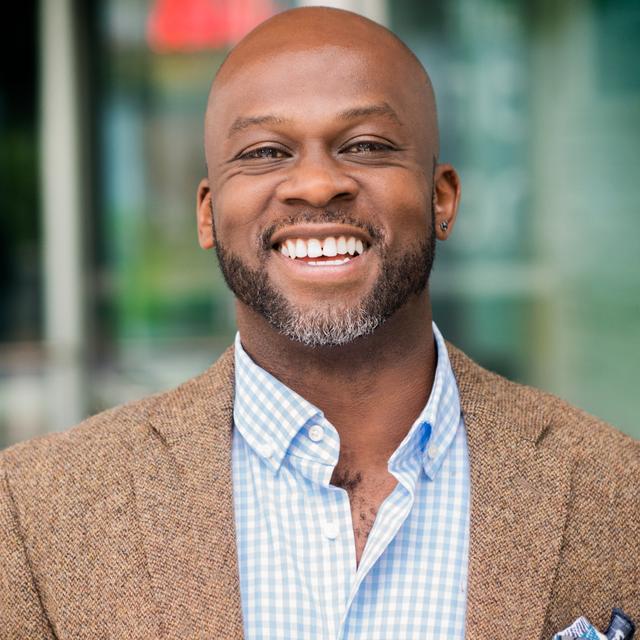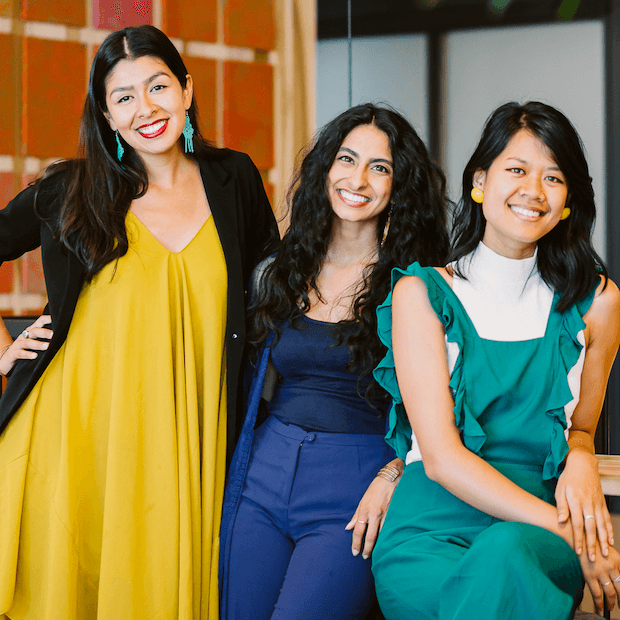Aisha Fukushima is a ‘RAPtivist’ (rap activist), educator, and singer, known for her global hip hop project called RAPtivism. The project spans 10 countries and four continents, promoting freedom and justice by challenging apathy with awareness, ignorance with intelligence, and oppression with expression. Fukushima has engaged in hip hop communities worldwide, including France, Morocco, Kazakhstan, Japan, Germany, England, South Africa, Senegal, India, and Denmark.
Fukushima is a skilled public speaker, combining performance and lecture to address themes such as hip hop, global citizenship, youth engagement, and activism. She has presented at various venues, including Stanford University, Michigan State University, and TEDx events. She has also built educational programs such as Turn Off The Stereotypes, Whitman Institute of Summer Enrichment, and SISTARZ, an all-girls hip hop club.
Growing up around legendary artists such as James Brown, Funkadelic, and The Stylistics inspired Fukushima to create her own vocal style, blending soulful melodies, poetic lyricism, and beatboxing. Her music has been compared to that of Lauryn Hill, Adele, Nina Simone, Ella Fitzgerald, and Jill Scott. In 2012, Fukushima released a global RAPtivism album featuring more than 20 political hip hop acts from around the world. She holds an honors degree in Rhetoric and Film Studies from Whitman College, and is fluent in French and building proficiency in Japanese, Arabic, and Wolof.








